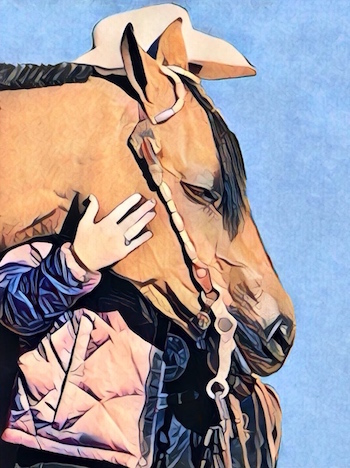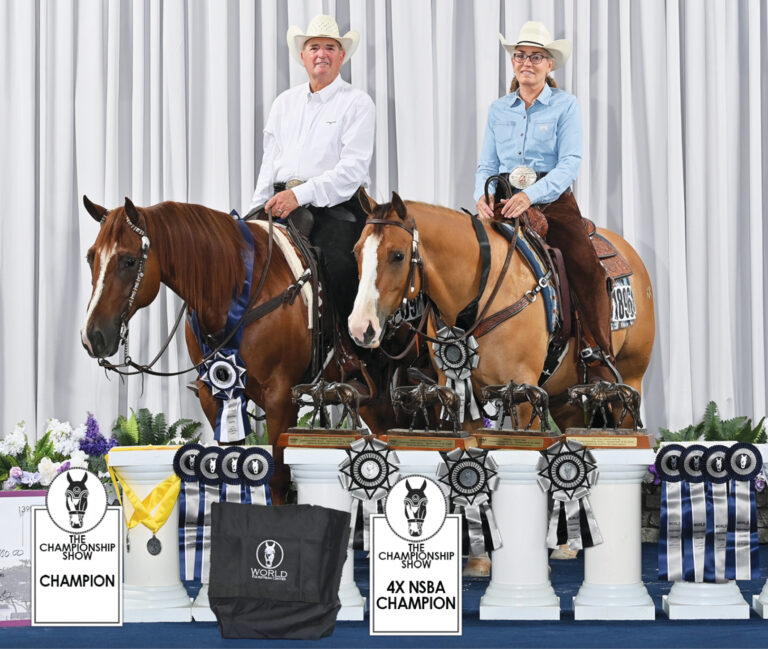How important is a good match between you and your horse? Extremely. In fact, it’s THE essential starting point of a mutually rewarding relationship between the two of you.

In a feature I wrote last summer with “trainer of trainers” Don Murphy (on how to ride better right now), the veteran coach cautioned against trying to make do with an unsuitable mount.
“If it turns out the ‘horse you have’ doesn’t fit your program or personality, let him go someplace where he will fit,” he advises. “Sometimes it’s a good horse and a decent rider, but they just don’t match, and neither is to blame.”
If you disregard this principle, things can go bad in a hurry. For example, you might wind up trying to get something from your horse that he just doesn’t have to give. And this predictably backfires, says Don, especially in the show pen.
“If God made your horse a 68 and you try to make him a 74, you’ll wind up with a 62,” he cautions. “You’ve got to work the horse you have.” Which is why having the right horse for your goals is so important.
Obviously, a key part of assuring a good match involves your riding ability and level of experience versus your horse’s level of training. But clinician Clinton Anderson believes another match is equally crucial: the one between the horse’s energy needs and your typical riding schedule.
“This one is often overlooked,” he says in a feature on choosing the right horse. “You buy a horse that’s in a six-day-a-week program, and he’s just as nice and quiet and well-mannered as can be. You bring him home and put him on your schedule—that is, three days a week when you can manage it, and often just weekends. In a month’s time, the nice, quiet horse has turned into a nervous, high-powered wreck.”
And no one wants that.
In his article on horse-buying mistakes, world champion trainer Bob Avila warns you can carry the match-seeking too far—if you apply it to areas where it doesn’t matter, like color.
“I can’t tell you how many people call me looking for a horse, and their first criterion is color. ‘I’m looking for a palomino…’ they’ll start, when they should start with what the horse can do and how his abilities match up with their skills and goals.
“It’s the same for other superficial characteristics,” he adds. “I’ve seen people look past a horse because they didn’t like his mane. Just as you can put custom wheels on a car, you can grow a mane.”
The bottom line? Mind the right parts of the match, make sure the horse meets your needs, and enjoy a great relationship with him.
WANT MORE? OTHER USEFUL STUFF:
Assessing a horse’s temperament.
What to do when it’s not a good match.






